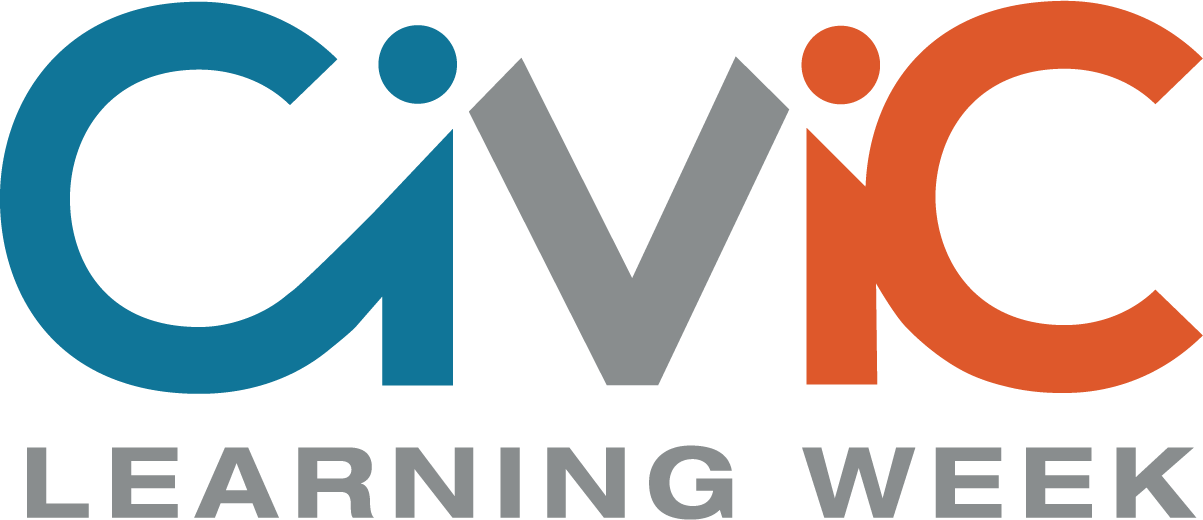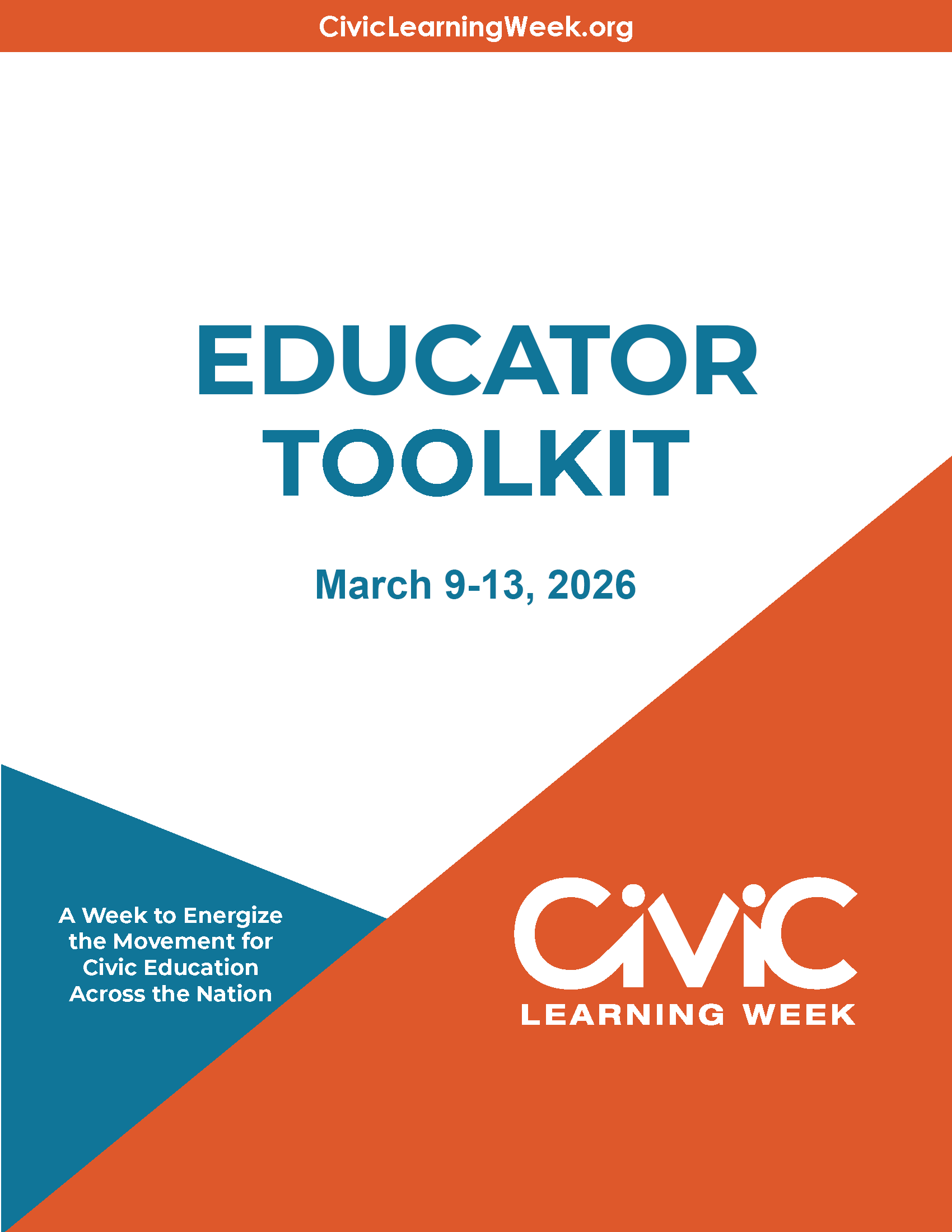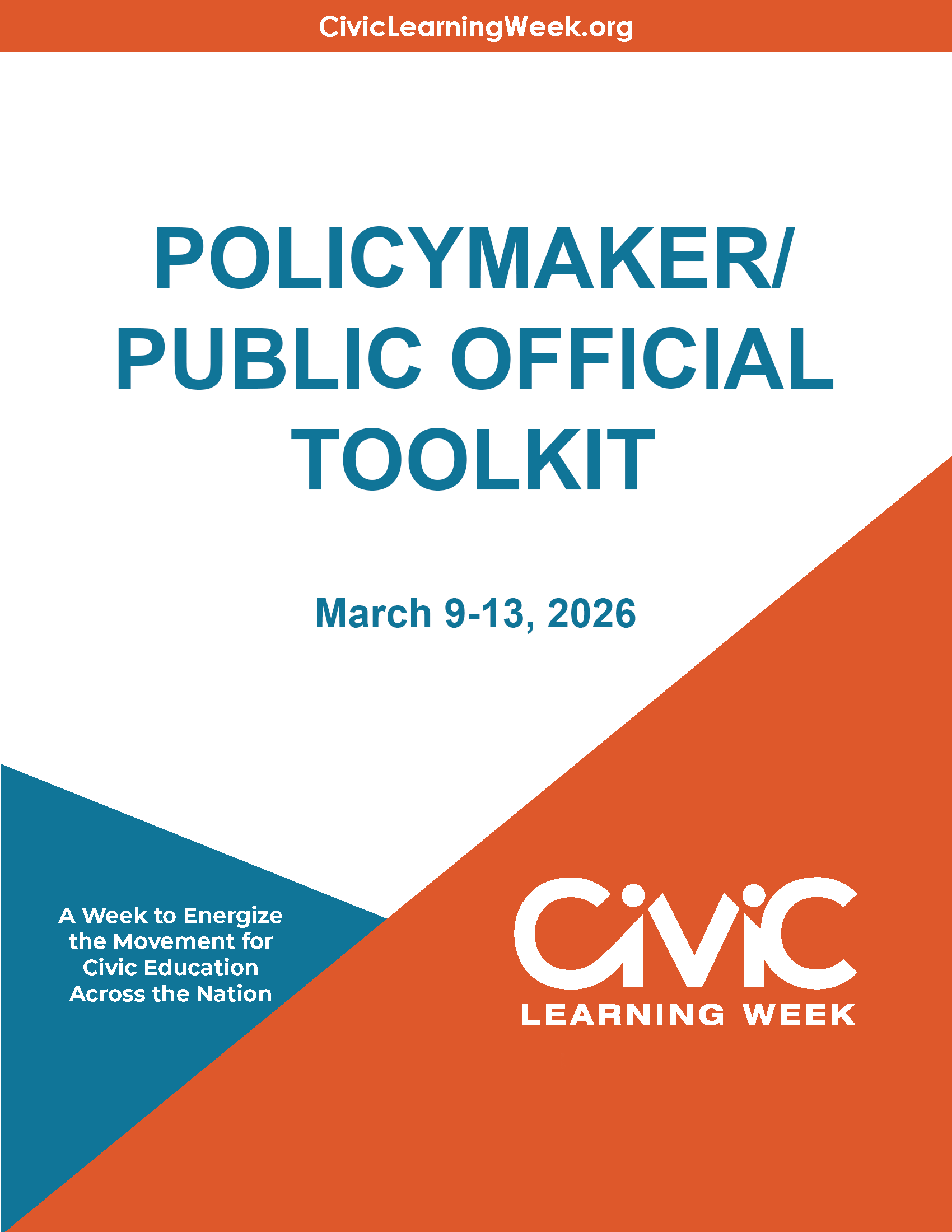Schedule is subject to change.
Download the Whova app using the same email address used to register for the Forum to build your own schedule, network, access resources, and more…
Loading...
Loading...
Please select only ONE registration type.
If you will be attending both Monday, March 9, and Tuesday, March 10, please select “General Admission” rather than one-day passes.
Looking for livestream registration?
Hotel
Loews Philadelphia Hotel
1200 Market Street
Philadelphia, PA 19107
Phone: 215-627-1200
Guest Room Rates: starting from $235+tax
Dates Group Rates Available: March 8-March 11, 2026
Group Block Availability Closes: February 16, 2026
All reservations must be guaranteed with a credit card. This card will be charged in the event of a cancellation, no-show, or deposit when warranted. Group rates are subject to availability.
Hotel cancellation policy requires guests to cancel by 4 pm local time 48 hours before arrival to avoid a penalty fee of one night’s room and tax.
Parking
Valet Parking
- $60.02 and is inclusive of tax (discounted for our group) (subject to change)
- Valet GPS address: 12 South 12th St., Philadelphia, PA 19107
Self-Parking
- Not available at hotel
- Options are available within 2 blocks of the hotel — it is recommended to use a parking app to secure parking
Travel and Transportation
Airport
The closest airport to the Loews Hotel is the Philadelphia International Airport (PHL). The airport is approximately 12 miles or 30 minutes away from the Loews Philadelphia Hotel. One-way taxi/rideshare to/from the airport is about $30–45.
Train Station
The closest Amtrak train station to the conference venue is the William H. Gray III 30th Street Station. The train station is approximately 2 miles from the hotel. One-way taxi/rideshare to/from the train station is about $10–15.
Offsite Events
- Reception: Transportation to the reception on Monday, March 9, at the Please Touch Museum will be provided.
- Ancillary Events: Attendees are responsible for their own transportation to/from ancillary events.
All student programming will take place on Tuesday, March 10.
9:00-11:00 a.m.
Registration and Check-in
Opening Remarks and Plenary Panel Discussions
- Liberty and Learning in Practice
What does high-quality civic learning look like across America’s schools and communities? Join an engaging discussion with district and classroom leaders who are putting the Roadmap to Educating for American Democracy into practice in their schools and districts. Panelists will share success stories and lessons learned from navigating political, bureaucratic, and instructional challenges to ensure all students experience meaningful civic education.
- Student Perspectives on Liberty and Learning
A discussion around civic learning is incomplete without hearing from those most directly affected. Hear directly from students nearing graduation on the cusp of the 250th as they reflect on what liberty and learning means for them and the importance of civic learning for this generation.
11:15 a.m.-12:45 p.m.
Breakout Sessions (choose 1)
- Student journalism meets civics: Hands-on Training
WHYY and PBS News Student Reporting LabsStudents, share your story! WHYY Education and PBS News Student Reporting Labs are journalism training programs that equip high school students with skills to conduct interviews and produce video stories in their communities. So many local issues are really stories about civics — how local government works and how those policies impact community members. Students have unique perspectives on these issues, and in this session, you’ll learn the basics of camera and video storytelling and practice filming interviews in a small group. - Principles of America at 250
National Constitution Center
The Declaration of Independence is a key component in discussions about both historical and current events. Participating students will utilize the Center’s new Interactive Declaration to focus not only on the text itself, but also on the big principles underlying the document: Liberty, Equality, Popular Sovereignty, Natural Rights, and the Rule of Law. In highlighting not only the text, but also the principles associated with the Declaration of Independence. These broader principles allow us to amplify the voices of people beyond 1776 who have evoked the Declaration’s message over time. This session also promotes consensus-building using gallery walks and civil dialogue. - Finding your Voice with Project Soapbox
Mikva ChallengeHave an issue affecting your community that you feel strongly about? Project Soapbox helps you find your voice! In this workshop, you’ll discover how to turn those community issues into powerful speeches and calls to action while building research and public speaking skills, and empathy. Mikva Challenge staff will guide you through the Project Soapbox process and explore how democracy works using fun, interactive activities and real-world issues that matter to YOU. Step up, speak out, and make your voices heard.
12:45-1:30 p.m.
LUNCH
1:30-3:00 p.m.
Breakout Sessions (choose 1)
- Student journalism meets civics: Hands-on Training
WHYY and PBS News Student Reporting LabsStudents, share your story! WHYY Education and PBS News Student Reporting Labs are journalism training programs that equip high school students with skills to conduct interviews and produce video stories in their communities. So many local issues are really stories about civics — how local government works and how those policies impact community members. Students have unique perspectives on these issues, and in this session, you’ll learn the basics of camera and video storytelling and practice filming interviews in a small group. - Principles of America at 250
National Constitution Center
The Declaration of Independence is a key component in discussions about both historical and current events. Participating students will utilize the Center’s new Interactive Declaration to focus not only on the text itself, but also on the big principles underlying the document: Liberty, Equality, Popular Sovereignty, Natural Rights, and the Rule of Law. In highlighting not only the text, but also the principles associated with the Declaration of Independence. These broader principles allow us to amplify the voices of people beyond 1776 who have evoked the Declaration’s message over time. This session also promotes consensus-building using gallery walks and civil dialogue. - Finding your Voice with Project Soapbox
Mikva ChallengeHave an issue affecting your community that you feel strongly about? Project Soapbox helps you find your voice! In this workshop, you’ll discover how to turn those community issues into powerful speeches and calls to action while building research and public speaking skills, and empathy. Mikva Challenge staff will guide you through the Project Soapbox process and explore how democracy works using fun, interactive activities and real-world issues that matter to YOU. Step up, speak out, and make your voices heard.
3:00-3:15 p.m.
BREAK
3:15-5:00 p.m.
Plenary Panel Discussion and Closing Remarks: Liberty and Learning in a Pluralistic Society
Across the political spectrum, people agree on the importance of civic education. They understand—at a fundamental level—its link to our nation’s cherished constitutional democracy. Based on that groundswell of interest, organizations across the ecosystem of civil society are working to rebuild civic learning infrastructure, from K–12 to universities, cultural organizations, and chapter-based associations. For many, the value of pluralism is at the center of this work—the idea that we are different in our identities and divergent in our ideologies yet can respect, relate, and cooperate with each other to sustain constitutional democracy. How can the civic learning ecosystem best advance a commitment to pluralism? What does that look like across the civic learning infrastructure?






